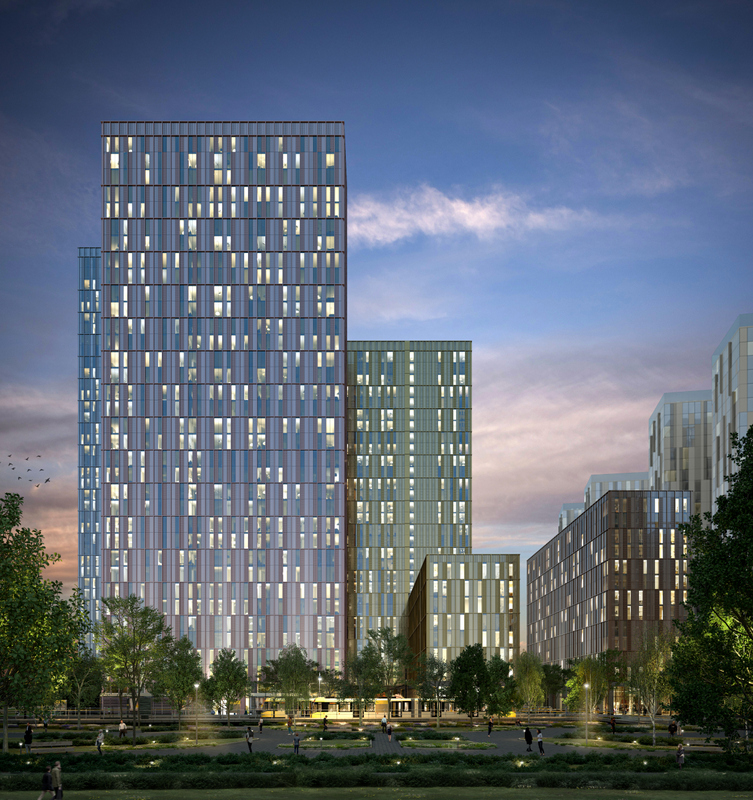What does the Budget mean for the property sector?

Chancellor Rishi Sunak has revealed his 2021 autumn Budget in full, with a focus on economic recovery. While the public sector pay rise and minimum wage hike are dominating many headlines, there’s also plenty in there for the housing sector to digest.
Over at property investment consultancy Fabrik Invest, the team has been discussing the likely implications of the Chancellor’s announcements. MD Dale Anderson shares his thoughts.
What does the Budget mean for the housing sector and for property investors?
By Dale Anderson, Managing Director, Fabrik Invest
The economic growth projections in the Budget certainly sound like good news for the UK economy, though rising inflation means that the cost of living will continue to rise – as will the cost of building new homes, as the cost of materials continues to increase.
The promise of £1.8 billion investment in new homes and buildings, including the redevelopment of brownfield land and the removal of dangerous cladding is welcome and long overdue news, as is the £11.5 billion investment in affordable housing programmes.
The UK is desperately short of homes, so this is good news for the housing market and it will certainly help, but it still isn’t enough to meet the demand for new homes. There simply isn’t enough brownfield land to build the number of houses required.
Questions also remain around the affordability of building new homes. Construction costs have skyrocketed, making many proposed new home schemes undeliverable. I don’t feel enough has been done to support developers and construction companies on this front. This will ultimately mean that this inflation is passed on to the those buying the properties, which is far from ideal for either investors or first-time buyers.
On the environmental front, it was good to hear that new homes must be built to a new green standard to help reduce carbon emissions. Perhaps that will go some way towards offsetting the damage to the environment that the lowering of air passenger duty will cause.
The pledging of £7 billion to transport projects in Manchester, the West Midlands and South Yorkshire will also have an impact on the housing sector, increasing accessibility and thus bringing in greater investment into new homes in these areas
Also good news was the £5 billion to remove dangerous cladding from high rise buildings. That’s excellent news for leaseholders who are unable to sell their apartments due to cladding issues. However, there was no mention of buildings below 18 metres, where thousands of leaseholders remain affected by the same issue. This is a real issue for many owners of older properties and should be at the forefront of future action.
Changes to the planning system, with £65 million allocated to ramp up England’s planning system and make local planning easier through digitisation, are also welcome news. Many developers have experienced long delays, getting stuck in planning due to backlogs and process issues, so this is much-needed investment.




